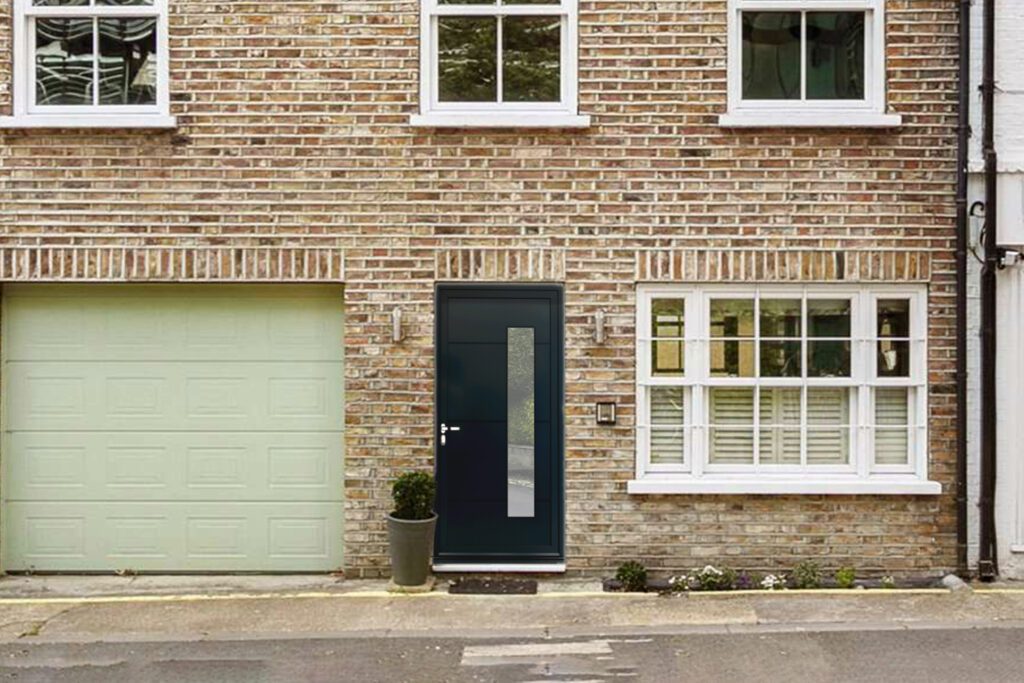Embracing Sustainability: Why Aluminium Doors are Environmentally Friendly Doors
Introduction
As environmental concerns continue to grow, homeowners are seeking building materials that align with their values. Aluminium doors offer several environmental benefits compared to traditional wood and fiberglass doors. In this article, we’ll discuss the reasons why aluminium doors are an eco-friendly choice and compare them to other popular door materials.
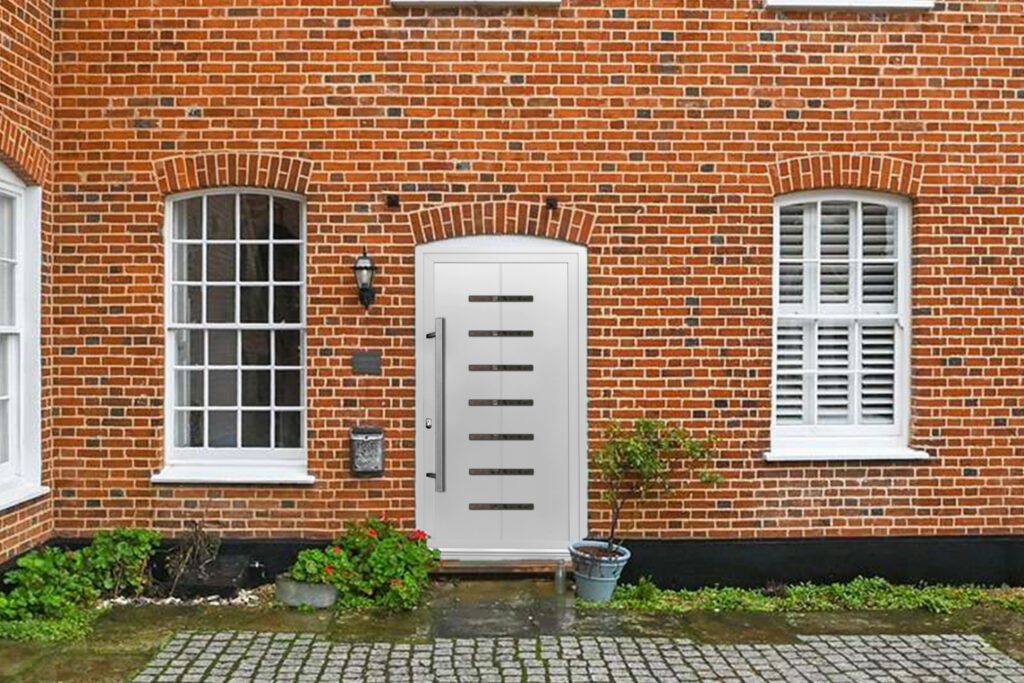
Abundant and Recyclable Material
Aluminium is a readily available and sustainable material for door production, and it is highly recyclable. This means that when your aluminium door reaches the end of its lifespan, it can be easily recycled and repurposed into new products, reducing waste and conserving natural resources. In contrast, wood doors contribute to deforestation and may not be as easily recyclable. Fiberglass doors, while more eco-friendly than wood, are not as recyclable as aluminium.
Energy Efficiency and Thermal Performance
Aluminium doors are known for their excellent thermal performance, thanks to their insulating properties and ability to reduce heat transfer. Modern aluminium doors often feature thermal breaks, which are barriers that separate the interior and exterior components of the door, minimizing heat loss and improving energy efficiency. This helps reduce energy consumption and greenhouse gas emissions associated with heating and cooling your home. Wooden doors can also provide good insulation; however, they may warp or rot over time, compromising their energy efficiency. Fiberglass doors offer comparable thermal performance to aluminium, but their production process may have a higher carbon footprint.
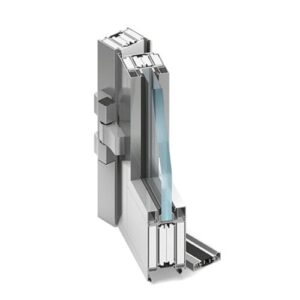
Longevity and Low Maintenance
Aluminium doors boast an impressive lifespan, often lasting for decades with minimal maintenance. This durability means less frequent replacements, reducing the consumption of raw materials and the environmental impact of manufacturing new doors. Wooden doors, while beautiful, can be susceptible to damage from moisture, pests, and the elements, leading to a shorter lifespan and potentially more frequent replacements. Fiberglass doors are also durable and low-maintenance, but they may not last as long as aluminium doors.


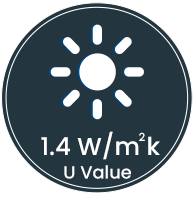

Eco-friendly Production Processes
Advancements in aluminium production methods have led to more environmentally friendly practices. These include the use of renewable energy sources in the manufacturing process and the implementation of closed-loop recycling systems, which reduce waste and conserve resources. Wooden door production can contribute to deforestation and may involve the use of harmful chemicals, such as formaldehyde and volatile organic compounds (VOCs), in finishes and adhesives. Fiberglass door production involves the use of non-renewable resources, such as petroleum-based products, which have a larger environmental impact than aluminium.
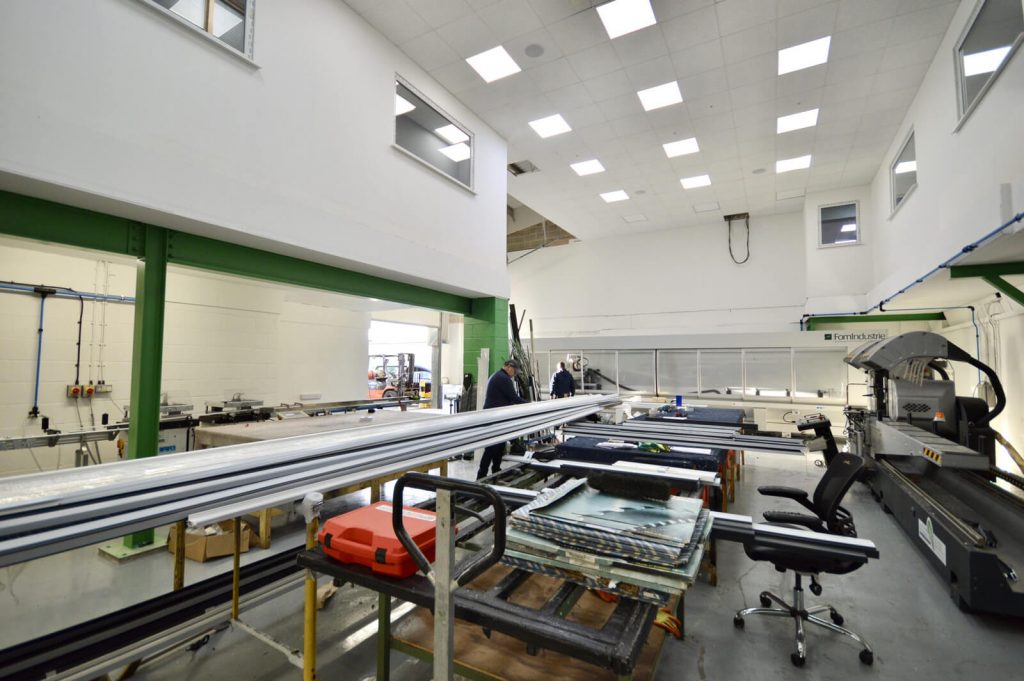
Conclusion
In conclusion, aluminium doors are a sustainable and eco-friendly choice. With their recyclability, energy efficiency, durability, and environmentally conscious production processes, aluminium doors offer homeowners a way to embrace sustainability without sacrificing style or performance. By choosing aluminium doors over wood or fiberglass alternatives, you can make a positive impact on the environment and enjoy a long-lasting, low-maintenance entrance to your home.
